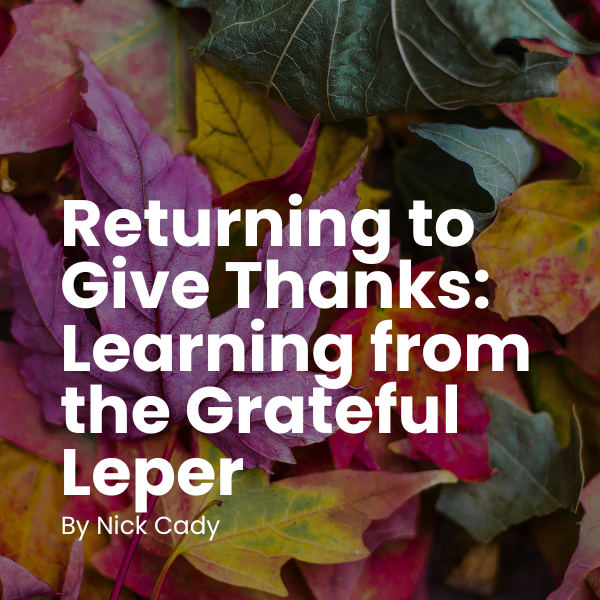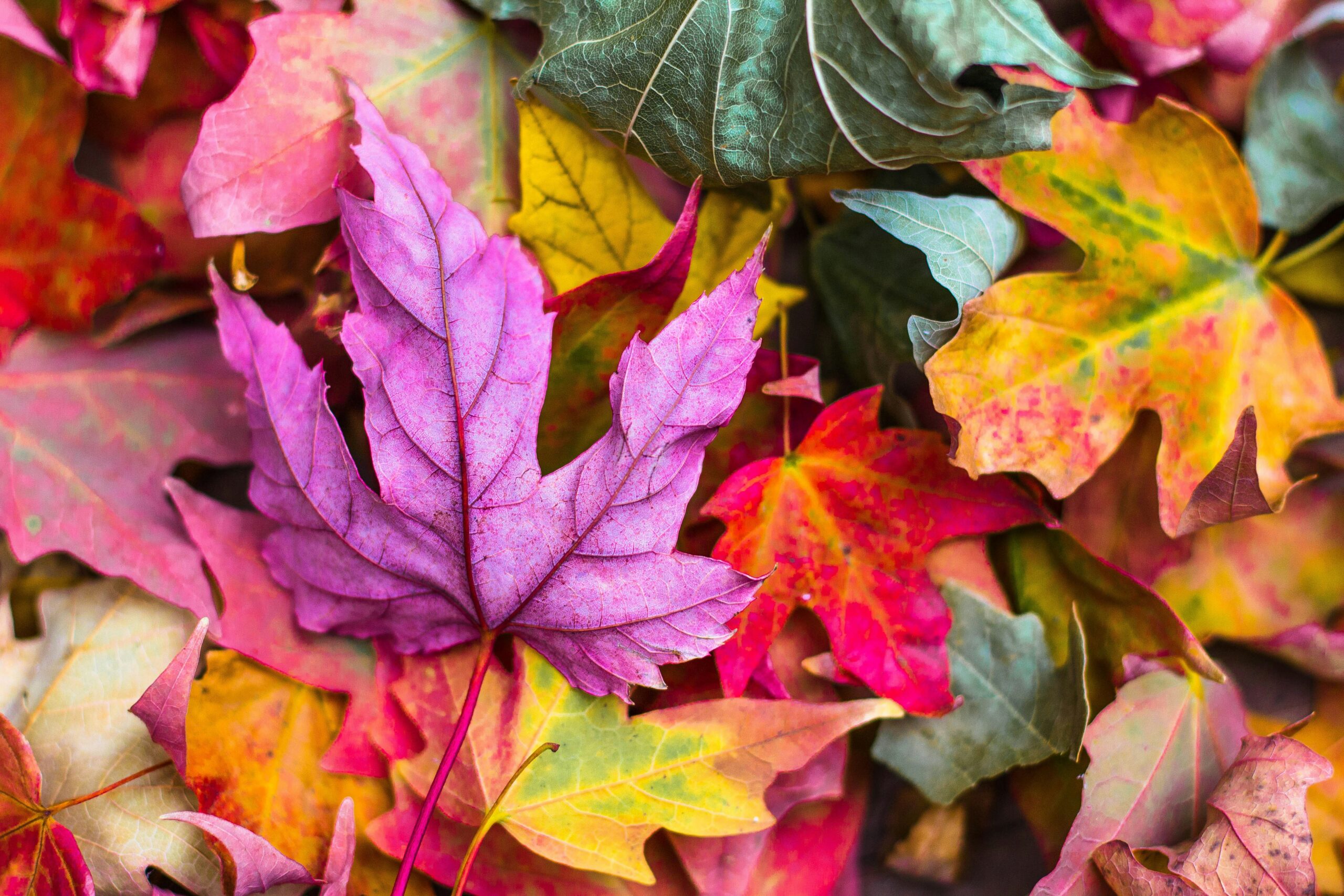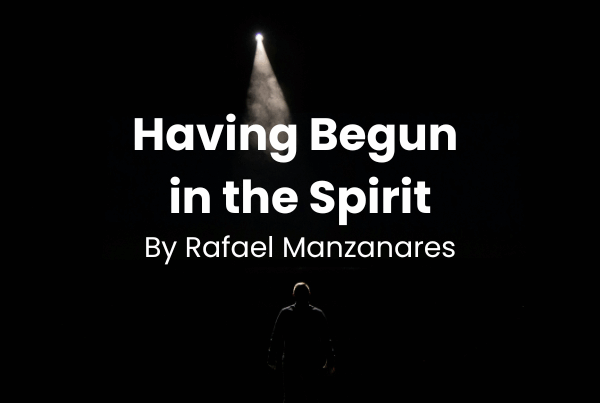
“Thou that hast giv’n so much to me,
Give one thing more, a gratefull heart:
. . . . . . . . . . . . . . . . . . . . . . . . . . . . . . . . .
Not thankfull when it pleaseth me,
As if Thy blessings had spare days;
But such a heart whose pulse may be
Thy praise.“
(George Herbert, “Gratefulnesse,” 1633)
There is a tendency I have noticed in myself: I am quick to pray and ask God for things that I need. In fact, if I were to categorize my prayers, the majority are requests. There is nothing inherently wrong with this; Jesus encouraged us to ask the Father for what we need (e.g., Matthew 7:7-11). When we ask God to do things that are beyond our capabilities, we honor Him because it shows that we believe in his power and ability, and it expresses our reliance on Him. I often encourage our church to honor the Lord by praying for big and great things rather than assuming that such things are “too big” for Him.
However, the tendency I have noticed in myself is that I often fail to stop, reflect, and thank God for the things that He has done, and the prayers He has answered. I am quick to move on to the next need or the next task without stopping to praise God for His provision and His faithfulness.
A Lesson from the Lepers (Luke 17:11-12)
In the Gospel of Luke, we read about a time when Jesus passed between Samaria and Galilee. As He entered a certain village, He was met by ten lepers, who stood at a distance and cried out to Jesus, saying, “Jesus, Master, have mercy on us.”
These lepers were helpless, and they were hopeless. Their incurable disease not only destroyed their bodies but also made them outcasts from society. Cut off from their families, communities, and places of worship, their lives were characterized by isolation and suffering.
Leprosy is often recognized as a type, or a picture, of sin and what sin does in our lives. Like leprosy, sin leads to a hardening of the heart, a loss of feeling; it causes a person to lose parts of themselves, and it ultimately ruins them and leads to death. Because there was no cure for leprosy, the fact that Jesus healed lepers was a sign that He was the Messiah (Matthew 11:2-5).
Hearing their cries for help, Jesus had mercy on these ten lepers, and He healed them. He told them to go and show themselves to the priests so that the priests could inspect them according to the Law of Moses (Leviticus 13-14), to verify that they had been healed and pronounce them as clean so they could be restored to society.
Quickly, the ten lepers ran off, overjoyed and eager to have their cleansing verified by the priests — but one of them stopped and turned back. While the others ran off ahead, this one returned and “praising God in a loud voice, he fell on his face at Jesus’ feet, giving thanks” (Luke 17:15-16).
To make the story even more surprising, Jesus points out that the one who returned to give thanks was a Samaritan, a group whom many Jews considered themselves superior to. Jesus then expressed His consternation that, whereas ten were healed, only one returned to give thanks and praise God for what he had received.
Pausing to Praise and Give Thanks
This story challenges us to consider our own actions: When God hears your prayers, how do you respond?
Like those lepers, those whose faith is in Jesus have been cleansed from an incurable condition; we have been saved from death and destruction and given a new destiny. Additionally, we have experienced God’s faithfulness through His provision. God hears our prayers and has provided for our needs. How ought we to respond to this?
There is nothing wrong with making requests of God; not only does He invite us to do it, but we honor Him by doing so. However, what we see from this passage is the importance of returning to the Lord, acknowledging what He has done, and thanking Him and praising Him for His faithfulness and goodness.
For those who are celebrating Thanksgiving this week, we have the opportunity to do just that. May this Thanksgiving holiday be a reminder to us to stop and give thanks, and may it spark a habit of thanksgiving in our hearts that lasts throughout the year.







